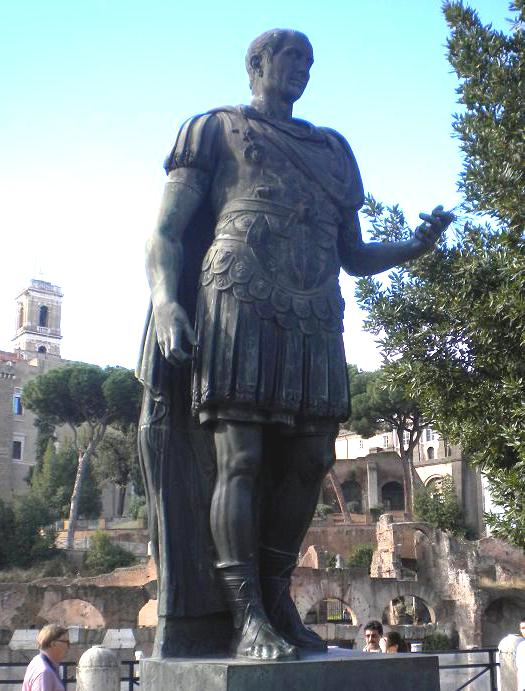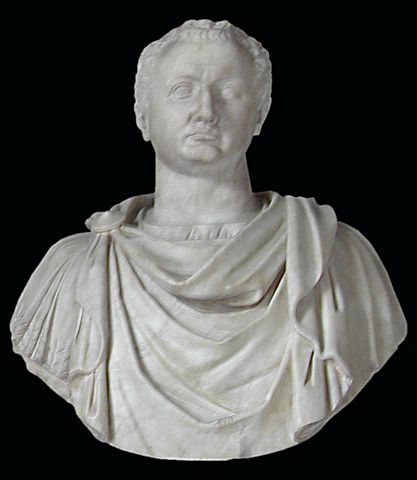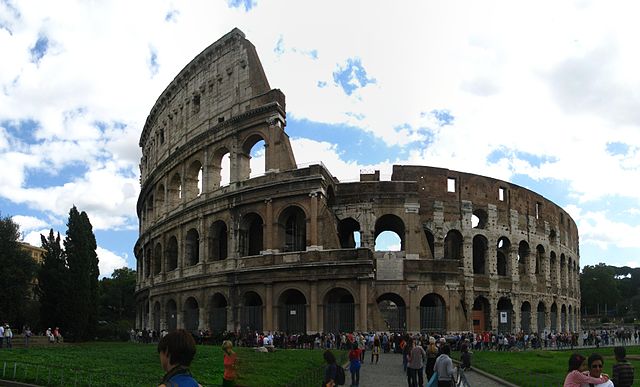Like most cultural touchstones of antiquity, Gladiatorial Games do not have a single clear point of origin. The most probable explanation for the phenomenon (in my mind, at least) is that it is most likely the amalgamation of various earlier practices throughout the ancient Mediterranean which eventually merged into the standardized form of combat entertainment described in historical texts and fiction books like The Risen.
Ancient authors also disagreed on any one exact origin. Some claim they were a holdover from Etruscan culture, others insist that they were used by various other Italian peoples to celebrate great victories, and there’s also a body of evidence that they were originally part of Roman (and possibly Hellenic) funereal rites. Wherever they originated, they became a regular part of Roman life by the mid first century BCE. They also became a source of political power.
Julius Caesar commemorated the death of his father with Gladiatorial games in 65 BCE – despite the fact that his father died twenty years before. The entertainment value of the games had transformed them into a political asset, one which politicians would use to further their own agendas and later, consolidate popular support from the masses.

Did someone say power?
Source
Julius Caesar was not the first to utilize gladiatorial games for political gain, nor would he be the last. The fights, historical reenactments, races and beast hunts made almost any politician instantly more popular which, in a voting republic, meant more power.
When the republic slouched into an autocratic empire, games came to serve a different purpose- they distracted a weary populace from its troubles and satisfied their list for blood. Emperor Titus’s reign was in trouble following the twin disasters of the destruction of Pompeii in 79 CE and Rome’s near-destruction from a terrible fire the next year. Many began to whisper that these were signs from the gods that they were unhappy with Titus. To assuage these fears, in 80 CE, and to celebrate the completion of the Colosseum, he announced one hundred days of games featuring naval battles, gladiators, beast hunts and more. And it worked; the people supported him and forgot their former grumbling.

“Nailed it!” – Emperor Titus of Rome
Ultimately, the gladiatorial duels were brought to an end when Christianity came to dominate the Roman Empire. Their usefulness outlived, they slid into irrelevance but eventually inspired chivalric tournaments and continue to influence American pop culture today by inspiring such works as The Hunger Games.

The Colosseum
Source
It is worthwhile to reflect on the role that entertainment inevitably plays in politics. Whether we are willing to grapple with the hard questions of civilization moving forward or are satisfied consuming propaganda that depends on other peoples’ suffering will likely determine our future course, for better or worse.
